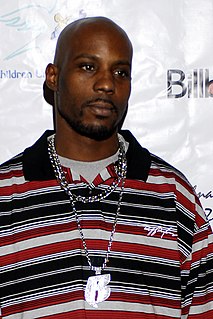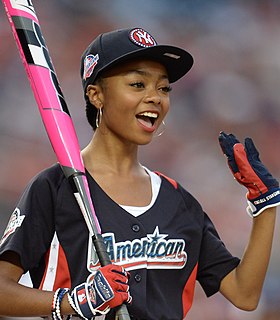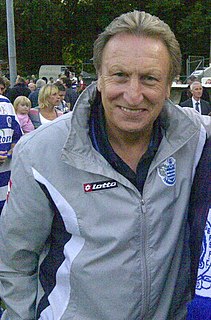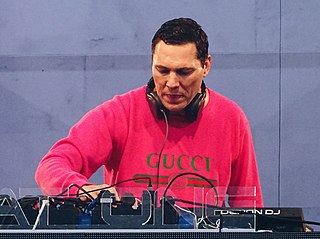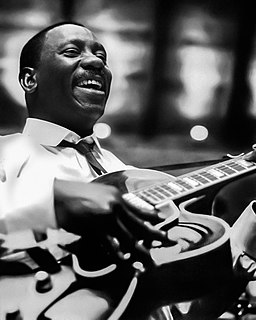A Quote by David Sheff
Drugs shift the way that we think. So, yeah, the logical thing would be to get help, but that's not the way addicts operate, which is why it's really, really hard to get someone to understand that they need treatment.
Related Quotes
Comedy is hard to do, and I don't know why it doesn't have its own category in awards. I don't understand why people think it's harder to do drama than it is to do comedy. It doesn't get respect. It's hard. It's really hard. It would be more gratifying to get something for a comedy, because it doesn't happen much or at all.
I think whenever you have a common goal with someone, you're going to bond. It's really hard to get two people together and be like, 'Hey guys, why don't you just bond!' But if you say, 'Listen, I need you guys to build this house, or I need you to do this or I need you to make this movie,' you'll get to work and you'll get close.
There are things that I really find important, and that we need to remind ourselves of. When you think about disability, do you really think about it? Someone who's a full-time trainer or a boxer, someone who's got a major disability, but who doesn't let that get in his way, that's a really good message for someone who is able-bodied. It can make them think, 'Wow, I suppose I could be doing better for myself.'
Whatever it is, people have issues and that affects you deeply. So you have to get to the bottom of it and not let that affect your life decisions and really understand why you're making the decisions you make so that way you can understand how to not do that, so I always encourage people to ask why and then to really understand you, because that's the only way to be your most successful and your most happy.
I think everybody who really wants to change things has to allow themselves to be angry in a constructive way, and you have to fully understand the thing you're trying to change. We really need to get serious about this now; there needs to be real, effective programs. I think there needs to be a little bit more strategy involved and a little more realism, to be pragmatic and realistic, looking at the way we as women contribute to the problem. Once the second half of the population stops doing it, it's going to end.
I think that's why I'm so well-suited to this time, because I think the values reflect really profound American values, and I think my agenda would be the best way to really get Americans once again to feel more confident and more optimistic about our future and deliver results, which I think is what it's about.
You know, John Coltrane has been sort of a god to me. Seems like, in a way, he didn't get the inspiration out of other musicians. He had it. When you hear a cat do a thing like that, you got to go along with him. I think I heard Coltrane before I really got close to Miles [Davis]. Miles had a tricky way of playing his horn that I didn't understand as much as I did Coltrane. I really didn't understand what Coltrane was doing, but it was so exciting the thing that he was doing.
The Barbarian Way was, in some sense, trying to create a volatile fuel to get people to step out and act. It's pretty hard to get a whole group of people moving together as individuals who are stepping into a more mystical, faith-oriented, dynamic kind of experience with Christ. So, I think Barbarian Way was my attempt to say, "Look, underneath what looks like invention, innovation and creativity is really a core mysticism that hears from God, and what is fueling this is something really ancient." That's what was really the core of The Barbarian Way.
You really, really feel like you have no control [participating in franchise] . I mean, it's a huge juggernaut, especially when something becomes part of the cultural landscape in a way as well. It's really scary because you get trapped and you get scared of changing, which is the worst thing that can happen if you want to be any kind of artist.
For some people, I got away with something. And you know what? That's a fair thing to say, for them. I'm not saying I agree with that, but I can see how they can say that. But it's a matter of just like...you know, I'm really fortunate. As a journalist, I don't have to agree with you to talk to you. My job is to figure out why you think the way you think. I want to get to the root of why you think the way you think. That's what I find most fascinating as a storyteller.






